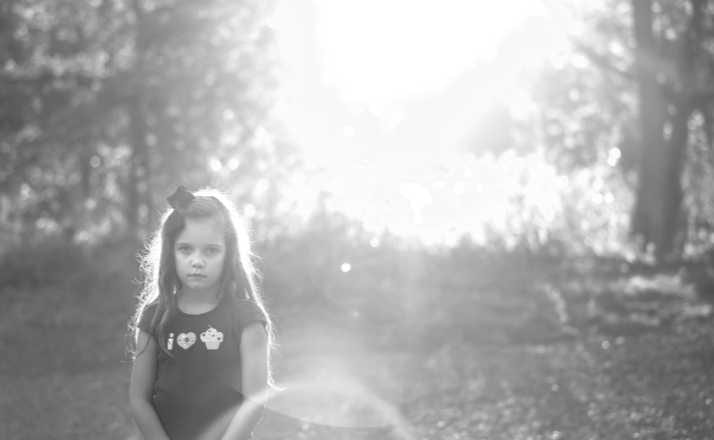To the average person, the onslaught of disgustingly cute baby pictures or even “Gotcha Day” adoption posts may make your heart well up in happiness and cheer.
Hell, even a butterfly may feel the need to be released in celebration with the millions of people congratulating a lovely family for adopting a baby. Or even, *gasp* being so gracious enough to adopt an older child or a special needs baby.
As a transracial adoptee who was adopted as a baby, I firmly understand both sides.
My situations is even more complicated because I didn’t find out I was adopted as a baby from Colombia until I was nineteen. So, I really, truly, understand why it is important to grieve the loss of my culture.
I also understand why so many adoptive parents want to celebrate their new additions to the family.

The public often sees adoption as two desperate people that have been trying for a baby for years, finally being connected to a beautiful child in need of a home.
Now, they’re getting hundreds of likes and comments from family members congratulating them on a Facebook picture they just had to share. People love to see the joyous, complete family and often forget about the picture that adoption doesn’t show.
The baby grows up and that child is then told over and over how lucky they are. That their parents chose them. It was meant to be, you were given up out of love, you should be grateful… and the list goes on and on and on.
Well, I have news for you. Adoption stems from loss.
Whether you like it or not, a mother is losing her child. A child is losing their mother. A father, their child and vice versa.
Hoping for adoption is akin to hoping for someone to die, in order for a loved one to receive an organ transplant in order to live. But, instead of the person dying it’s the connection to the child’s family, culture, and language.
Now, you may be thinking you are different.
You have all these plans, you’re taking all these measures to help your adopted child connect to their culture, but at the end of the day, you cannot experience what it is like.
You can try. You can be the most supportive mother, father, grandfather, aunt, guardian, etc. but even if that child feels loved, cherished, and protected in your family, a teeny tiny part of them may feel the loss because of their adoption.
They may feel the pain of losing their mother, their culture, their possible siblings. Or they may not. Either is okay.
After my secret about my adoption came to light, my family did try to make an effort.
My mother made empanadas and plantains for parties…but it’s just not the same.
When I’m with my adoptive family I feel like an outsider, and when I’m with Latinos, it’s not much better. I was raised by white people, and that’s all I know.
Yes, they love me. Yes, they provided for me, but something about not having a connection through blood that runs through your veins hurts in a place deep inside that doesn’t seem to heal all the way.

This is why I believe that the media should not simply focus on the heartwarming easy stories where a family finally takes in little orphan Annie.
Adoptive parents and families should not get to pat themselves on the back, feeling joy at their happy family photos unless they also accept adoptees’ right to grieve.
Parents should be prepared to help their children grieve about their adoption if they want to. To acknowledge the pain. To acknowledge the loss. To help them feel comfortable voicing these things without feeling guilty for making you feel “less than” as parents.
It’s not their responsibility as children to fill the weight that may be in your hearts from not being able to conceive your own children, but it is your responsibility to respect their feelings and teach them how to cope with these feelings.
To teach them that its okay to love their birth family. It’s okay to love their country. It’s okay for your children to like the food their birth parents made, even if you don’t understand what exactly mayo sandwiches are.
Because at the end of the day, being adopted doesn’t mean I’m so lucky.
It just is a different family situation and like all families, adoptive families have issues too. So please, celebrate only if you give your children a chance to grieve or be angry at their situation if they want.
And if your kids are adults or you know adult adoptees who seem to be angry, consider what they have gone through all their lives. How they have been told that they should be grateful, that they shouldn’t love the person who gave them life.
A child is programmed to love their parent no matter what.
Either way, it’s not your right to tell someone else how to feel. To tell another person to not voice their opinion because it might “scare” people from adopting.
It’s not a competition, and adoptive parents shouldn’t expect to be rewarded or praised for adopting.
As a mother of two rambunctious toddlers, I can attest that children, in general, are difficult and nobody hands out prizes (but they should hand out some free coffee once in a while.)
Just remember, if you plan on posting a picture on Instagram, and feel like you have the right to celebrate publicly about your happy new family, adoptees also have the right to grieve and complain just as publicly – even if it hurts your feelings.












A thousand thank yous!